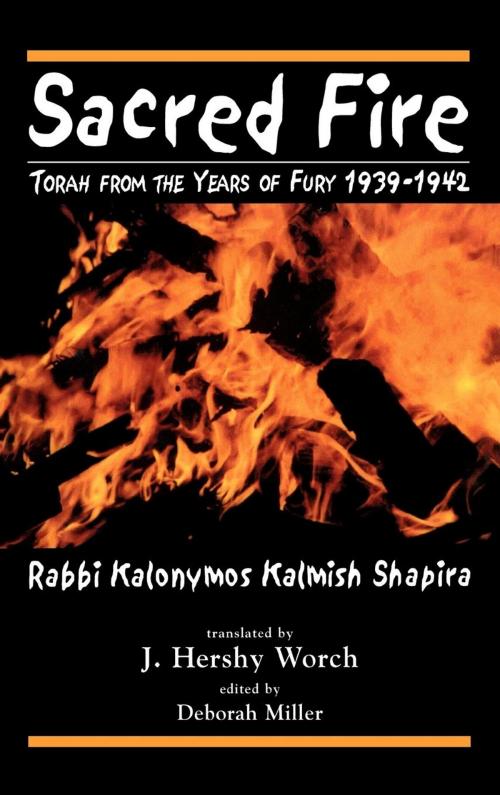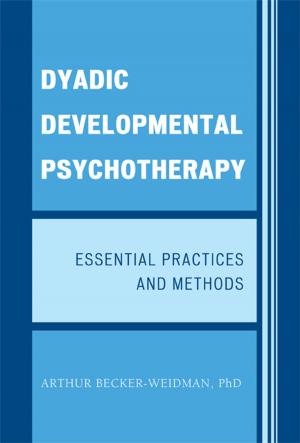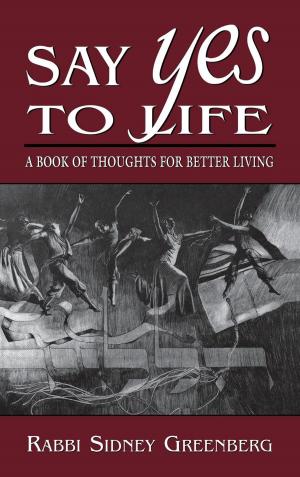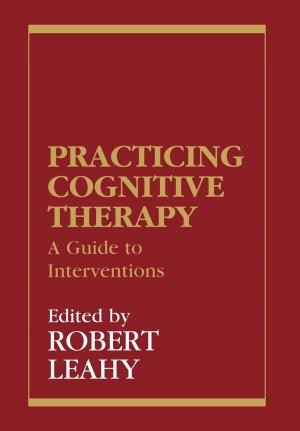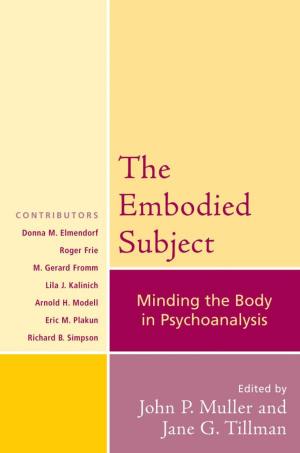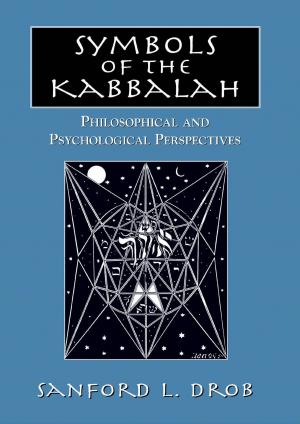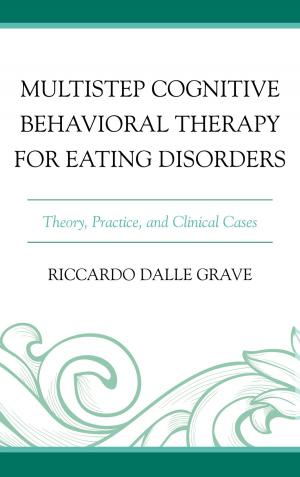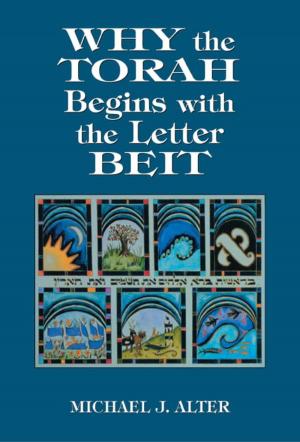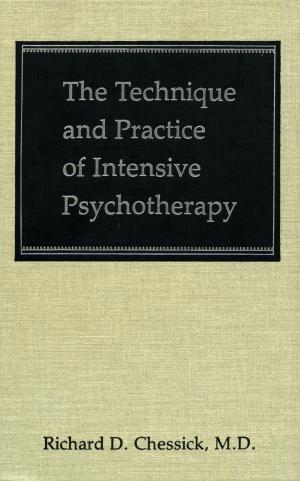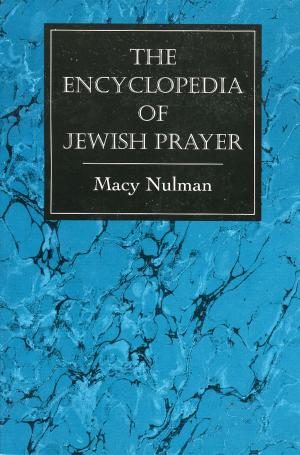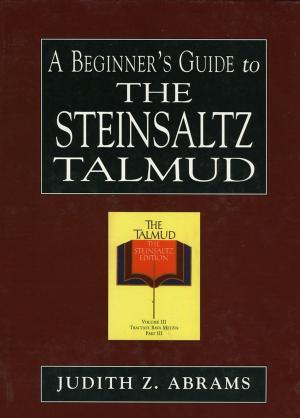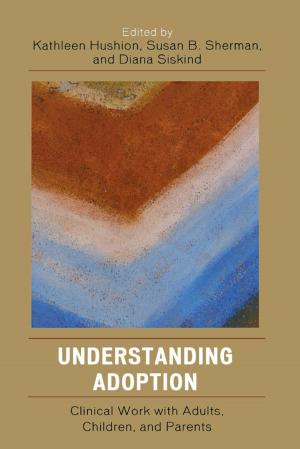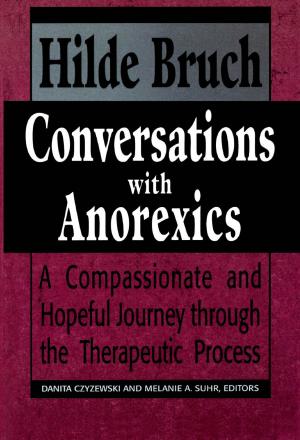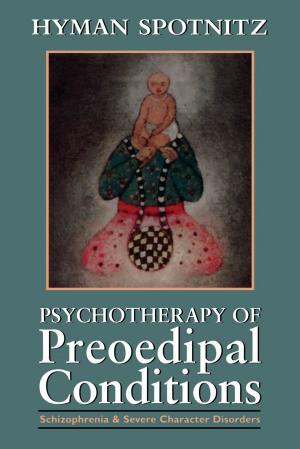Sacred Fire
Torah from the Years of Fury 1939-1942
Nonfiction, Religion & Spirituality, Judaism, Sacred Writings| Author: | Kalonymus Kalmish Shapira | ISBN: | 9781461630562 |
| Publisher: | Jason Aronson, Inc. | Publication: | August 22, 2002 |
| Imprint: | Jason Aronson, Inc. | Language: | English |
| Author: | Kalonymus Kalmish Shapira |
| ISBN: | 9781461630562 |
| Publisher: | Jason Aronson, Inc. |
| Publication: | August 22, 2002 |
| Imprint: | Jason Aronson, Inc. |
| Language: | English |
Sacred Fire: Torah from the Years of Fury (1939-1942) consists of commentaries on each weekly Torah portion. It also includes a number of lengthy sermons delivered on the major Jewish Festivals as well as a few discourses alluding to people loved and lost. Because writing is not permitted on the Sabbath, these "words of Torah" were transcribed from memory, after the Sabbath or festival had ended. Although the pages of Sacred Fire are not stained with the names of its author's tormentors, there are numerous references to historical events through which parallels can be drawn. Rabbi Shapira often refers, for example, to the binding of Isaac and the martyrdom of Rabbi Akiba. Sacred Fire forms a religious, spiritual response to the Holocaust that speaks from the heart of the darkness. In doing so, it may well form the basis for what could one day become Judaism's formal liturgical response to the events that occurred during those years of fury.
Sacred Fire: Torah from the Years of Fury (1939-1942) consists of commentaries on each weekly Torah portion. It also includes a number of lengthy sermons delivered on the major Jewish Festivals as well as a few discourses alluding to people loved and lost. Because writing is not permitted on the Sabbath, these "words of Torah" were transcribed from memory, after the Sabbath or festival had ended. Although the pages of Sacred Fire are not stained with the names of its author's tormentors, there are numerous references to historical events through which parallels can be drawn. Rabbi Shapira often refers, for example, to the binding of Isaac and the martyrdom of Rabbi Akiba. Sacred Fire forms a religious, spiritual response to the Holocaust that speaks from the heart of the darkness. In doing so, it may well form the basis for what could one day become Judaism's formal liturgical response to the events that occurred during those years of fury.
